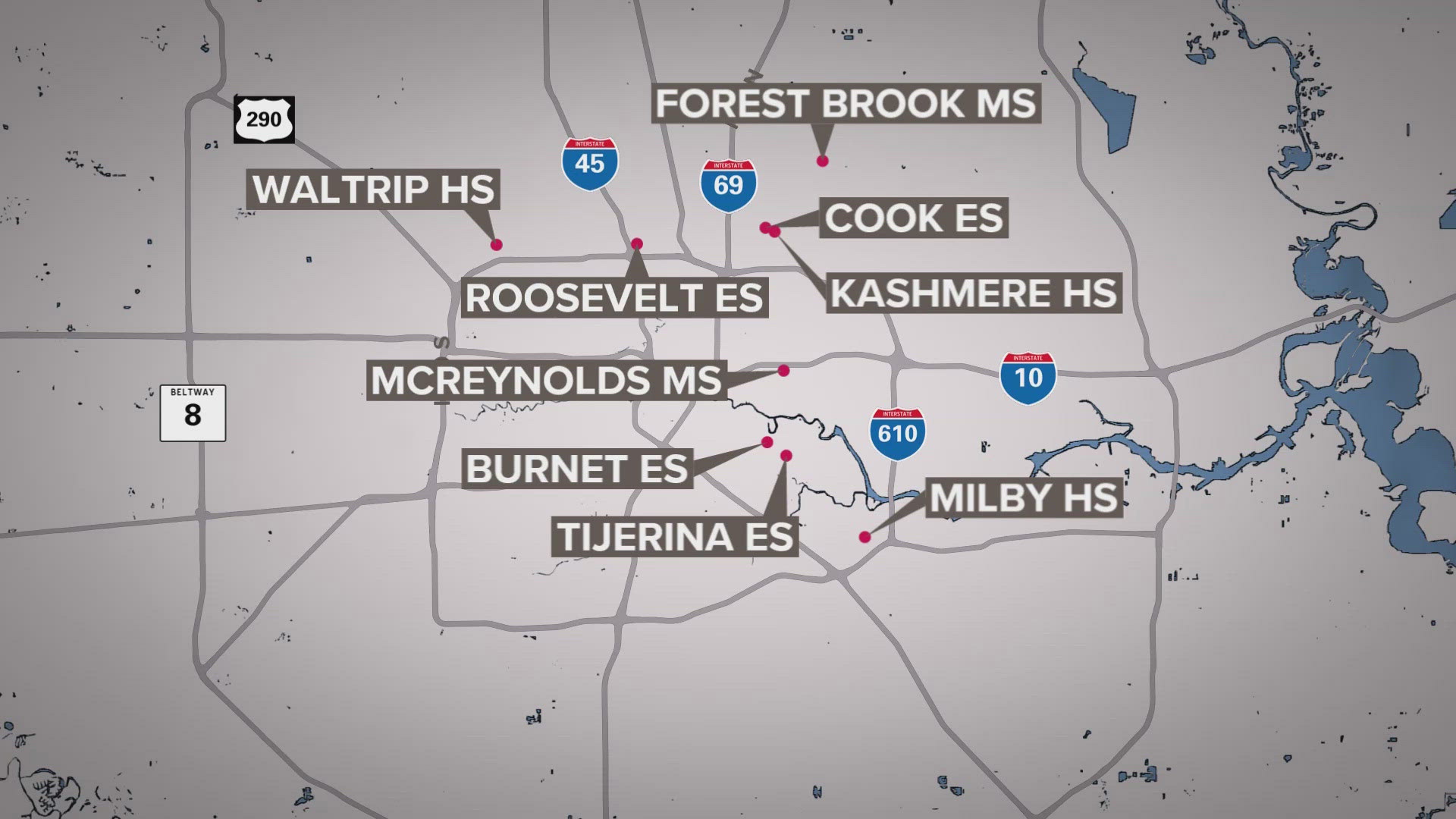HOUSTON — A chance encounter on a Chicago highway inspired a parent to create a new carpooling solution that could soon be coming to Texas.
Ismael El-Amin was driving his daughter to school when they spotted a classmate in another car, riding with her father to the same selective public school on the city’s North Side. Watching the children wave to each other from the back seats sparked an idea for El-Amin: Why couldn’t parents help one another get their kids to school?
What is Piggyback Network and how does it work?
That moment led to the creation of Piggyback Network, a service allowing parents to book rides for their children with other parents heading in the same direction. The service operates as a rideshare but exclusively for school-age children, offering a possible solution to the growing transportation challenges facing families as school districts reduce bus services.
Piggyback Network charges approximately 80 cents per mile, and parents who drive earn credits to use for their own children’s rides.
In its first year of operation in Chicago, the company has arranged hundreds of rides. Now, El-Amin is looking to expand the service to other states, including Texas, Virginia, and North Carolina.
The service is part of a wave of innovation addressing the decline of traditional school bus systems. Nationally, only 28% of students ride a school bus, down from 36% in 2017, according to the Federal Highway Administration.
“It’s an opportunity for kids to not be late to school,” said 15-year-old Takia Phillips, who regularly rides with El-Amin as her driver.
Piggyback Network differs from other companies in the growing school transportation market in that it connects parents directly.
It is one of several startups that have been filling the void.
Comparing Piggyback Network to other student rideshare solutions
Unlike Piggyback Network, which connects parents, HopSkipDrive contracts directly with school districts to assist students without reliable transportation. The company launched a decade ago in Los Angeles with three mothers trying to coordinate school carpools and now supports some 600 school districts in 13 states.
Regulations keep it from operating in some states, including Kentucky, where a group of Louisville students has been lobbying on its behalf to change that.
“Those bus driver shortages are not really going away,” HopSkipDrive CEO Joanna McFarland said. “This is a structural change in the industry we need to get serious about addressing.”
Companies catering to kids claim to screen drivers more extensively, checking their fingerprints and requiring them to have childcare or parenting experience. Drivers and children are often given passwords that must match, and parents can track a child’s whereabouts in real-time through the apps.
Kango, a competitor to HopSkipDrive in California and Arizona, started as a free carpooling app similar to the PiggyBack Network and now contracts with school districts. Drivers are paid more than they would typically get for Uber or Lyft, but there are often more requirements such as walking some students with disabilities into school, Kango CEO Sara Schaer said.
“This is not just a curbside-to-curbside, three-minute situation,” Schaer said. “You are responsible for getting that kid to and from school. That’s not the same as transporting an adult or DoorDashing somebody’s lunch or dinner.”
With demand for alternatives to the yellow school bus growing, families across Texas and other states may soon have another option for getting their children to class.



